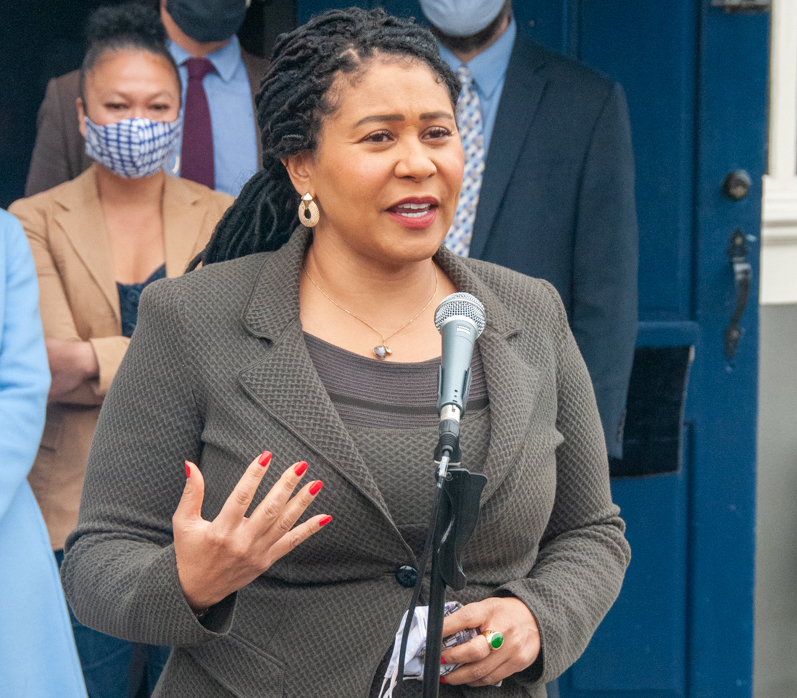San Francisco is ending the year with a rare holiday present: a projected budget surplus.
For the first time since 1998, the city is projecting a surplus of $108 million for the next two years, a welcome reversal after the impending fiscal cliff caused by the pandemic.
The biggest factor in the surplus is federal aid tied to COVID-19. San Francisco was previously facing a two-year budget deficit as high as $653 million, but federal relief in the form of the American Rescue Plan Act of 2021 served to rapidly cut the gap.
The surplus was also buoyed by major returns from the city’s pension system due to the booming stock market, as well as efforts to constrain costs in line with the needs of the pandemic.
While there is a projected surplus for Fiscal Years 2022-23 and 2023-24, there is still a $38.6 million deficit for FY 2024-25 and a $148.9 million deficit for FY 2025-26, according to the city’s long-term financial projections.
In order to keep the current positive financial trend, the mayor has issued new budget instructions, which are given to city departments to guide development of their own individual budgets ahead of the mayor’s overall budget proposal.
The move helps kick off the city’s budgeting cycle. Using the instructions as a guide, departments submit their own individual budget proposals and work with the Mayor’s Budget Office as part of the effort to create an overall balanced budget proposal, which is sent to the Board of Supervisors by June 1 for consideration.
In contrast to the belt-tightening efforts of recent years—including a directive last year to cut up to 10% of total costs—city departments are not being tasked with finding potential budget cuts. Instead the mayor is ordering city departments to direct their existing funding “back to basics” with a focus on providing essential city services.
Among the mayor’s priorities are continuing support for her Homelessness Recovery Plan, which aims for at least 6,000 placements in housing and shelters for unhoused people, and further funding of MentalHealthSF, the city’s initiative to build a stronger behavioral health system.
“Over the last two years, while we’ve invested heavily in key priorities impacting this city like our pandemic response, homelessness and mental health, we’ve also made smart budgeting decisions, and this surplus is a result of that work,” Mayor Breed said in a statement.
“We have an opportunity with this surplus to build on what we’ve been creating over the last two years—to move forward, not backwards, and to continue to invest in the programs and ideas that are making a real difference in people’s lives. We also need to continue down the path of making smart, long-term decisions about delivering services for the people of this City in the best way possible.”
